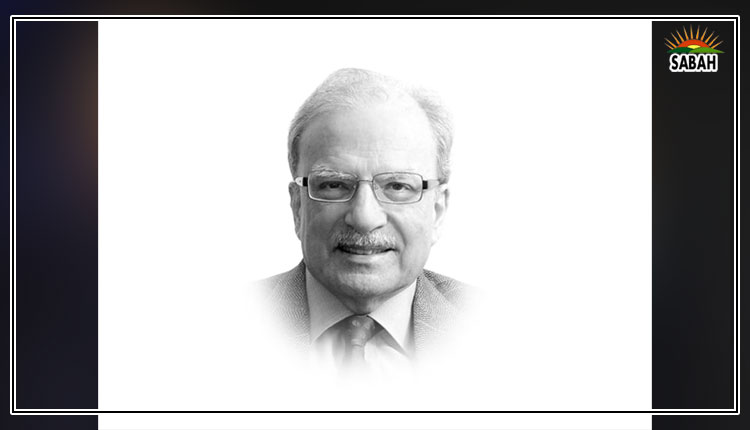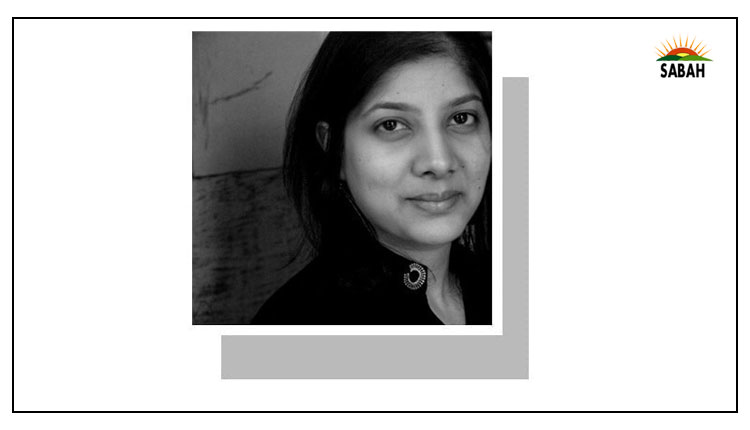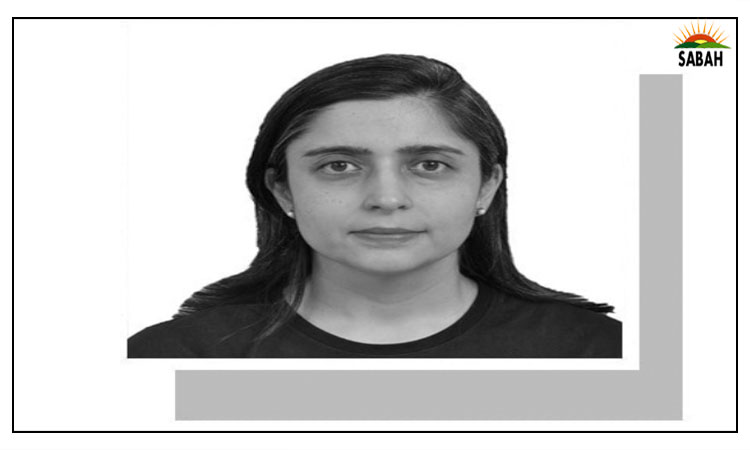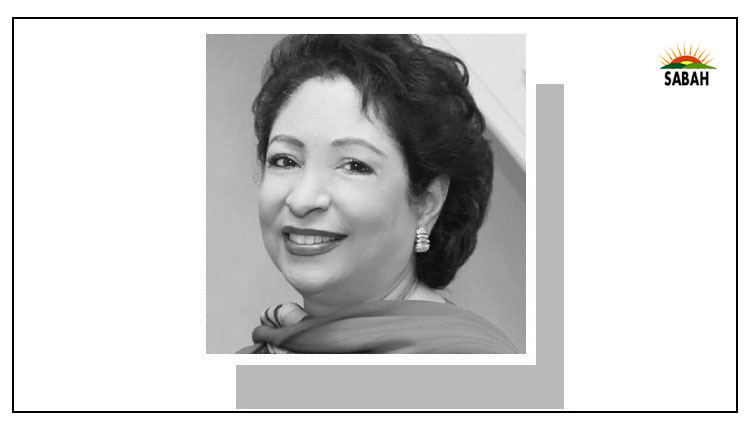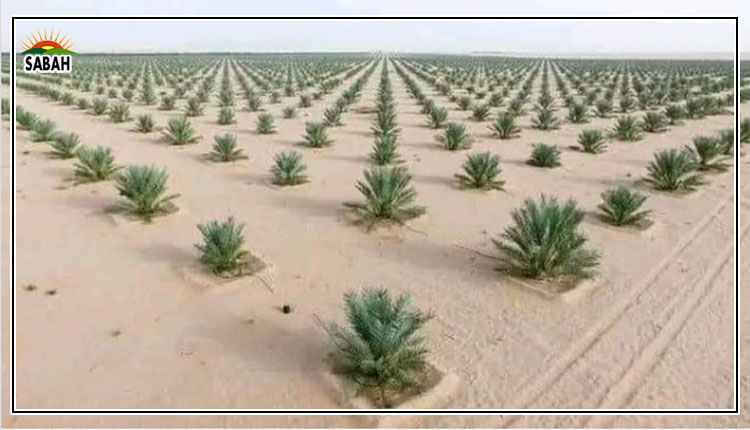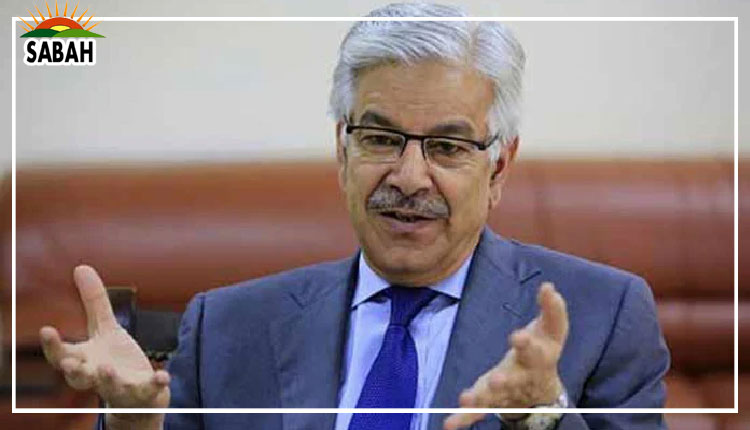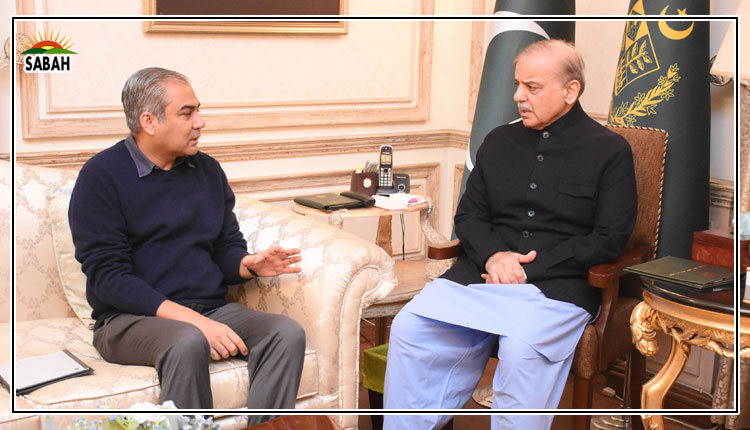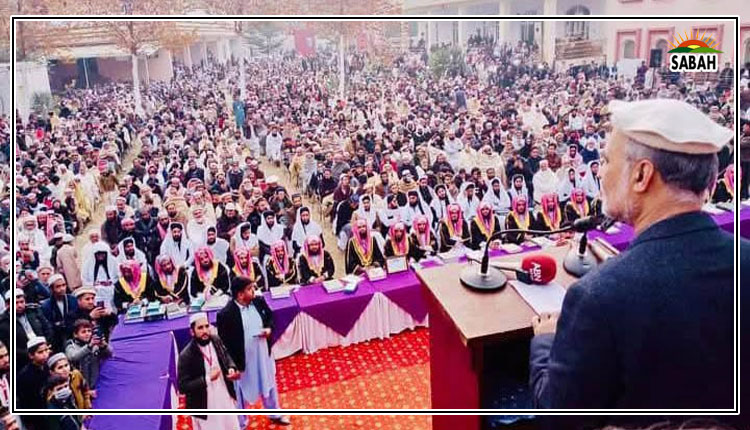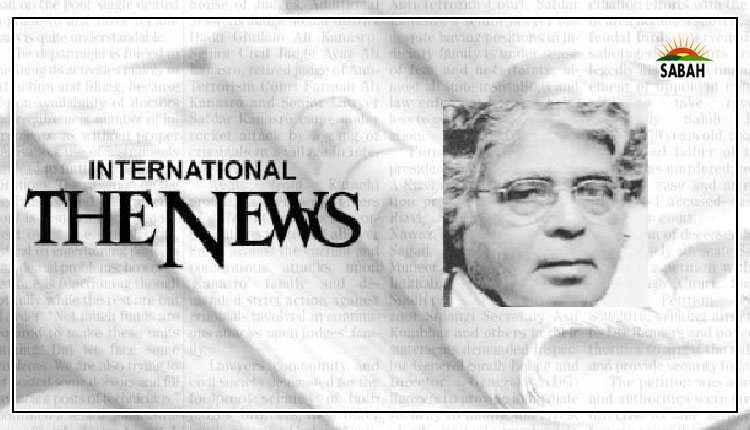Reaping the whirlwind۔۔۔۔ Ghazi Salahuddin
In recent months, I have had a question for any high official or person with access to the corridors of power: is the situation as bad as people think it is? And, almost invariably, the answer would be: it is even worse.
So, in a sense, what has happened this week was seen coming. The high drama that is being played out in the Supreme Court of Pakistan has revealed new cracks in the system. We do have a history of how the superior judiciary has at times betrayed the democratic aspirations of the people.
But the present crisis in the institution is an extension of numerous other calamities that have overwhelmed our economic, political, social, and administrative existence. It is becoming more and more difficult to keep ones cool and try to make sense of where we are headed as a nation. Yes, the thought that the situation is getting worse by the day remains dominant.
This week, as I said, the focus has been on the proceedings being conducted in the Supreme Court, with some truths about groupings and acrimonies that have festered within the Court coming out in the public domain. There is this spectacle of benches being made and broken and confusion about which judgment was supreme with what majority.
At one level, in a figurative sense, it was a game of numbers. That is how it began on Monday when two judges of the Supreme Court cast doubt on the March 1 judgment on the suo-moto case regarding elections in Punjab and Khyber Pakhtunkhwa. They proclaimed that the proceedings were dismissed by 4:3, while the verdict of the Supreme Court was announced as a 3:2 verdict to order that elections in the two provinces should be held within 90 days.
It is not possible to go into the details of what this controversy was all about. Anyhow, the 28-page order of the court issued by Justice Syed Mansoor Ali Shah and Justice Jamal Khan Mandokhail was seen as a direct rebuttal of Chief Justice Umar Ata Bandials suo-motu order. Not only that, there were some scathing comments on the conduct of the chief justice.
For instance, the order of the court, written by Justice Shah, deplored one-man show in the apex court and sought limits to the Chief Justices unbridled powers in the context of taking suo moto notice and constituting special benches. Observers saw this open discord as an extraordinary event and the story is continuing to develop.
As for the game of numbers, the five-member bench hearing a PTI petition against the Election Commission of Pakistan for delaying the elections in Punjab was reduced to three on Friday. First, Justice Aminuddin Khan withdrew himself on Thursday and Justice Jamal Mandokhail did the same on Friday.
Meanwhile, the diminished Supreme Court bench rejected the governments request for the formation of the full court to hear the petition. But, in defiance of the apparent worsening of the judicial crisis, the chief justice made a rather cryptic observation on Friday: Mondays sun will rise with good news.
Good news? Though it is possible that efforts for a reduction in the political temperature could yield some positive results on one particular front, the dark clouds hovering above Pakistan do not seem to have any silver lining. I say this because so much is happening that is not attracting sufficient attention of the rulers and also the media.
It has been my refrain that those who wield power in this country do not care about the appalling state of society, in terms of the longings and deprivations of those who live in the lower depths. This is an obvious manifestation of what they call elite capture the rule of the proverbial one per cent. Miftah Ismail has raised this issue in an impressive manner, citing relevant social indicators.
And it is astounding, unbelievable, that even in the face of a rising tornado of inflation and poverty, our rulers have apparently made no change in how they live and what they think and do. But this pathological denial will not save them from the consequences of their deeds. They that sow the wind shall reap the whirlwind.
Again and again, there is flaming evidence of how deeply wounded our society is in many significant ways. If I restrict my reference to what has happened this week, the incident that happened in Karachi on Friday is as significant as any judgment delivered by the Supreme Court.
At least 12 women and children lost their lives in a stampede during distribution of Zakat in the premises of a company in the industrial sector of the city. Around 400 women and children were allowed to gather in a small compound and, as one can easily imagine, there was a mad rush to move forward. This tragedy will surely create some ripples in the media and in the minds of sensitive citizens. In this case, for instance, the chief minister of Sindh also took notice of the dreadful event.
But we tend to take such aberrations for granted, unmindful of how increasing deprivations of the poor and their mob behaviour can burst out of control at some point. What this means is that our preoccupation with such matters as rule of law and democracy and free and fair elections and the supremacy of the constitution should not detract us from the monumental task of restoring the sanity of a society that has lost its way in the wilderness.
A stampede in which women are crushed or suffocated to death is just one illustration of what Pakistani society is like at, say, the level of the street. We have increasing instances of people being lynched for whatever reason and there are other manifestations of violent extremism and intolerance that have polluted the minds of so many in our society. Is this situation as bad as I am suggesting? It is even worse, to be sure.
The writer is a senior journalist. He can be reached at: ghazi_salahuddin@hotmail.com
Courtesy The News


